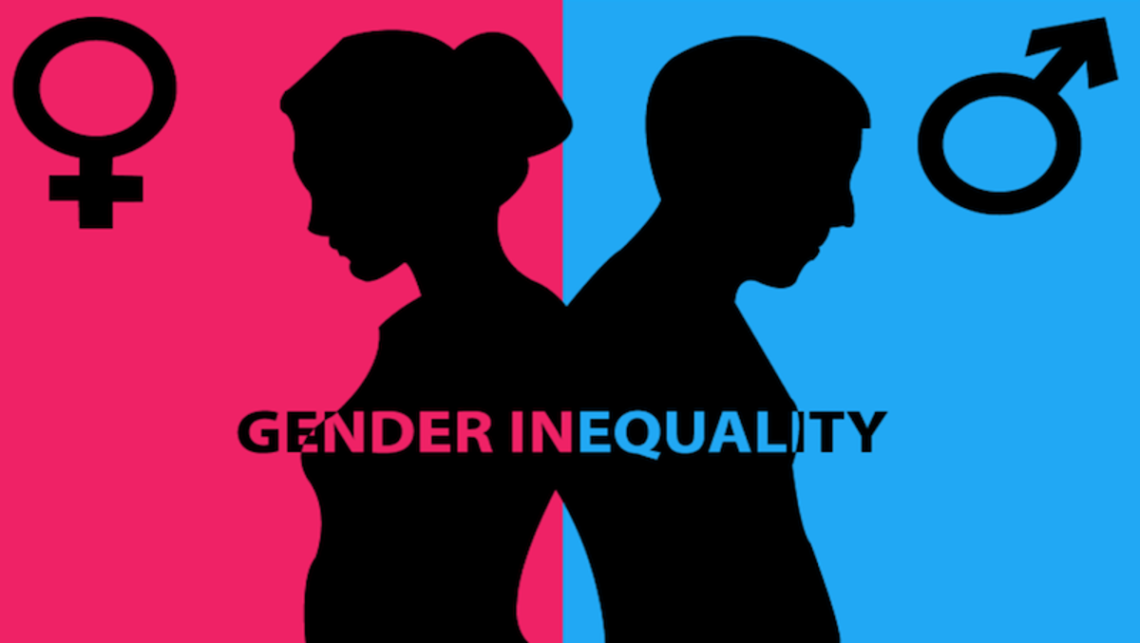Achieving gender equality is important for workplaces not only because it is ‘fair’ and ‘the right thing to do,’ but because it is also linked to a country’s overall economic performance.
Workplace gender equality is associated with improved national productivity and economic growth; increased organisational performance; enhanced ability of companies to attract talent and retain employees; and enhanced organisational reputation.
Gender equality in the workplace means employees of all genders have access to the same rewards, opportunities and resources at a company, including equal pay and benefits for comparable roles with similar responsibilities; equal opportunities for promotions and career progression; and equal consideration of needs.
The Nigerian Exchange Limited (NGX) recently partnered with the International Finance Corporation (IFC) to conduct research on gender-based violence and harassment (GBVH) in Nigerian workplaces.
The study is being conducted as part of the Nigeria2Equal initiative, which aims to address GBVH in the private sector and provide evidence-based recommendations for prevention.
The research will focus on several key areas, including the development of a business case for creating respectful workplaces, the estimation of the cost of GBVH to participating businesses in Nigeria, and an understanding of employee perceptions and experiences of the current level of GBVH. It will also identify best practices offered by businesses, government bodies, and the community, as well as inform the design of GBVH policy and training for Nigerian companies, based on existing IFC respectful workplace tools.
Divisional head of Business Support Services and General Counsel at NGX, Irene Robinson-Ayanwale said, “We are committed to fostering a culture of respect and inclusion in the workplace and are honored to be part of this important initiative.”
She added that “through this study, we will gain valuable insights into the causes and effects of GBVH, as well as the best practices for preventing it. We are confident that the findings will help us, and other organisations in the private sector, to create safer and more equitable workplaces for all.”
The research is also expected to inform the adoption and eventual implementation of the International Labour Organization (ILO) Convention 190 on how to address GBVH in the world of work, and provide recommendations for the private sector and relevant ecosystem stakeholders on how to address GBVH in the world of work.
NGX called on other organisations to join the research and actively participate in creating respectful workplaces, saying with the rising awareness of the issue of GBVH in the workplace, this research is expected to play a crucial role in developing solutions and best practices for addressing it in Nigeria.
Benefits Of A Diverse Workplace
Aside from the intrinsic benefits, equal representation of women can have wide-ranging positive effects on your business.
Fresh Perspectives
Having an even distribution of men and women in your teams allows things to be viewed from different perspectives, which brings new ideas and fresh approaches to the table. This can be beneficial for bringing creative, innovative projects to life.
Improved Staff Retention
If your employees feel that they are equally represented in the workplace, are being paid fairly in comparison to their male colleagues, and believe that you are doing everything you can as an employer to create an equal working environment, they will be happier. If your staff are happier, they will want to continue working and investing time into your business, thus improving your retention rate and allowing you to hold onto talented employees that benefit your business.
An Attractive Work Environment For Prospective Employees
When candidates are applying for a role, one of the first things they will do is seek reviews on your company culture and working environment. A business that is committed to equal opportunity and diversity will be more attractive to a prospective employee – especially considering that the power is in the hands of the interviewee. The hiring process is no longer one-dimensional, as it is just as much about what the employer can do for the employee (in terms of company culture, remuneration and career progression), as it is the other way around.
In overall, gender equality is essential in the workplace.





